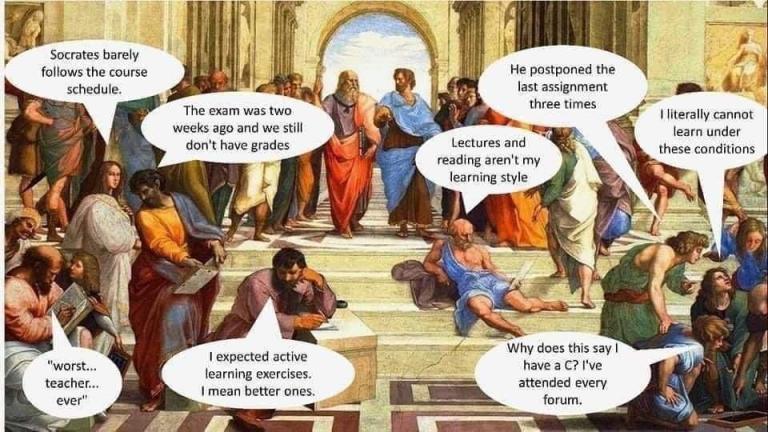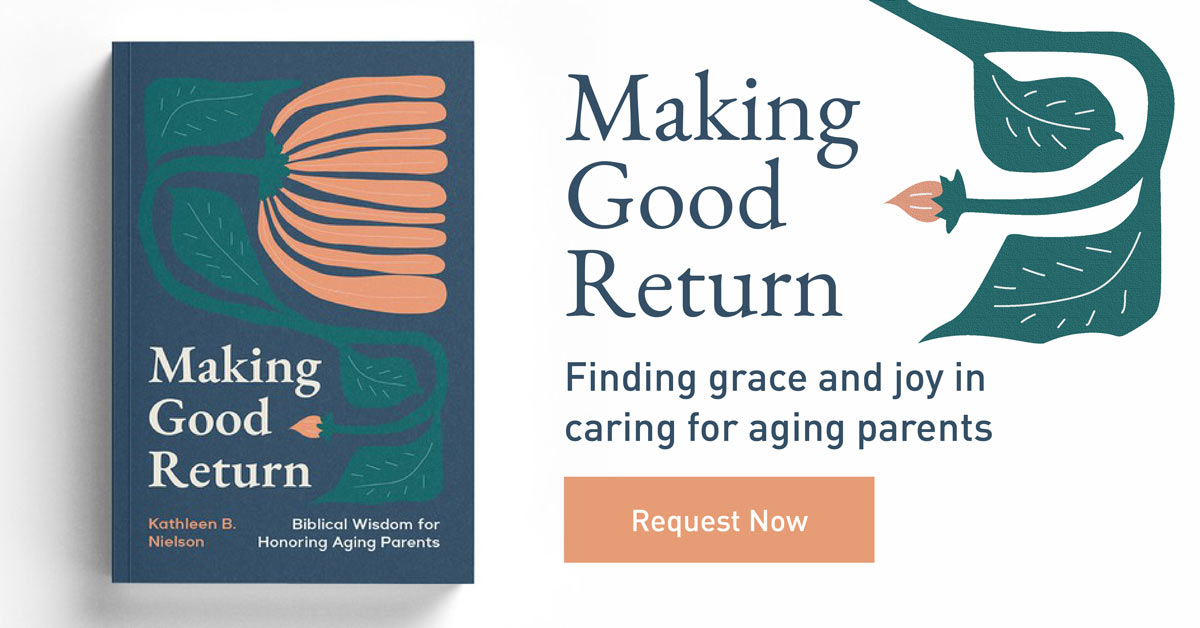Welcome to the Summer 2025 Biblical Studies Carnival. I have combined July and August into a single carnival, as most Academics are off being academic for the summer (or prepping for fall classes) and the BiblioBlogs are slower for these months. I also did not get a volunteer for either month, so I was trying to make things easier for myself.
Jim West will take the September carnival (due October 1), then old friend and travelling companion Claude Mariottini will host the carnival for November (due December 1). As you can see, I need a volunteer for the October carnival (due November 1). If you are interested in helping out, please contact me: plong42@gmail.com. I’d love to have a volunteer for that month, or early 2026. If you are curious about what it takes to host a carnival, shoot me an email and we can talk about it.
Old Testament
Dustin Burlet reviews the new Anchor Bible commentary on Genesis 1-11 by Ronald Hendel. Replacing Speiser’s dated (and brief) AB commentary, this new commentary is “The culmination of over thirty years of research, this long-awaited study by leading Genesis scholar Ronald Hendel is the first comprehensive scholarly commentary on Genesis 1–11 in a generation” (from the blurb).
Claude Mariottini, now professor emeritus at Northern Baptist Seminary, has completed several book projects and has returned to blogging this summer. Here is his Claiming Innocence in Psalm 44:22
On Torah.com, Elaine Goodfriend, Do Not Plow an Ox with a Donkey—Reasons, Metaphors, and Sexual Undertones. “Is the prohibition about animal compassion, keeping species separate, or does it hold symbolic and metaphorical meanings? Beyond its surface, the law against “plowing” with an ox and a donkey also conveys a double entendre.”
New Testament Scholar Ian Paul asks, “Is evolution and an ‘old earth’ compatible with Genesis 1 and 2?” This is a Q&A drawn from a Facebook discussion with evolutionary biologist Zachary Arden. Arden says he seeks “to undermine the dichotomy of creation versus evolution as I find it to be unhelpful and inaccurate.”
John T. Squires comments on “You defiled my land and made my heritage an abomination” (Jer 2).
In Judges 4-5, Deborah is clearly a judge, prophet and leader in Israel. As such, she is a model of female leadership in the Old Testament. Marg Mowczko surveys Seven Arguments Used to Minimise Deborah’s Ministry and offers a brief response for each.
On PaleoJudaica, a rare “comments enabled” post: Ezra and Nehemiah Pseudepigrapha? Jim Davila asks, “Why are there so many Ezra pseudepigraphical books, but not a single one on Nehemiah? The comment thread is an excellent discussion of the issue, including a brief note from Richard Bauckham.
Davila posted some links to new dating for the Siloam Dam. From the abstract: “Using well-established microarchaeological sampling methods, we reached a precise radiocarbon date of 800 BC for the Siloam Pool’s monumental water dam in Jerusalem.”
William Ross announced his new book, edited with Greg Lanier, The Authority of the Septuagint: Biblical, Historical, and Theological Approaches (IVP Academic).
Rare gold coin of Queen Berenice II unearthed in Jerusalem. This is a news article, but it has pictures of the coin.
New Testament
BJ Oropeza calls Matthew 7:21-23 One of the Scariest Texts in the Bible.
Tommy Wasserman offers a Textual Commentary on Luke 3:33.
Ian Paul on the healing of the woman bent double in Luke 13 and Healing, pride, and humility at the banquet in Luke 14.
John Nelson asks What did Paul know about Jesus? Recovering the Historical Jesus in Paul. Quite a bit, as it turns out. Nelson teases a future post at the end: “There is much that Paul does not say about Jesus. Why he does not say more therefore remains an oddity of the evidence.” Nelson has another excellent post: Was Jesus Modelled on Moses? Seven Similarities Between Jesus and Moses. In other posts, he compares Jesus to other figures from classical antiquity such as Dionysus, Aesop, and the Emperor Vespasian.
Among the many posts Michael W. Wilson made in July and August, he had three on the Sermon on the Mount (which he calls “The Jesus Manifesto”): Blessed Are the Poor in Spirit, Hungering for Righteousness in a Thirsty World, The Power of Meekness.
Jay continued his series on Mark: Mark 3:7-12, Mark 3:13-19, Mark 3:20-35, Mark 4:1-34, Mark 4:35-41, Mark 5:1-20, Mark 5:21-43.
Spencer Robinson reviewed David Bauer, The Book of Acts as Story (Baker, 2021).
In another “Ask Chat GuPTa” post, Nijay Gupta answers the question, What Are the Most Impactful Trends in Pauline Scholarship After the “New Perspective”? (Trends 4-7). Part one of this series is here, but it is a subscribers-only post.
Joshua W. Jipp, The God Who Acts, Then and Now. This post is on the application of the book of Acts: “What do events from 2000 years ago have to do with how we think, act, and live today?”
John Andrew MacDonald completed his eight-part Quest for the Historical Paul at the Secular Frontier. He interacts with Nina E. Livesey, The Letters of Paul in their Roman Literary Context: Reassessing Apostolic Authorship (Cambridge Press, 2024). Livesey argues that none of the Pauline Letters are authentic and that there is no evidence for a historical Paul.
How to Interpret Paul according to His Top 3 Motivations (His revelations, use of scripture and knowledge of the Jesus traditions) from BJ Oropeza.
Commenting on the qualifications for elders in 1 Timothy 3, Marg Mowczko examines the phrase “Husband of One Wife” in Early Christian Texts.
Heather Anne Theissen studies 2 Peter 2:1-12, and then reflects on it.
Peter Gurry reports on the changes in Editio Critica Maior (ECM) Revelation which will be included in the new UBS6/NA29 Greek New Testaments. He counted 44 Revelation variants discussed in Hugh Houghton’s excellent new Textual Commentary for the UBS6 (due November 4, 2025). Here is a bit of the preface of ECM on Revelation and some comments from Gurry, and a quick survey of some of the changes coming to USB6/NA29.
Gurry also posted a series of Videos on Bible History from Amsterdam, which he made with John Meade
Philip Jenkins on The First Discovery of the Lost Scriptures and The Rediscovery, and Re-Forgetting, of the Lost Gospels.
Brent Nongbri reports his article written with AnneMarie Luijendijk, “Codicology of Early Christian Books from Oxyrhynchus: Insights from a Papyrus Codex of Matthew (P.Oxy. I 2) and a Miniature Parchment Codex with 6 Ezra (P.Oxy. VII 1010)” ISAW Papers 29.3 (2025).
Theology and Church History
Shepherd’s Theological Seminary professor Peter Goeman discusses the 15 Rules Behind the Making of the KJV. Goeman also posted some of the Errors in the King James Version.
Michael Bired shares Zwingli’s Sermon Preparation in Zurich. He also spent Monday with Tertullian.
Christopher Rollston posted for the first time in nearly two years: A Stunning Trio of Early Christian (3rd century) Inscriptions from Biblical Armageddon: ‘God Jesus Christ,’ Five Prominent Named Women, a Named Centurion, a Eucharist Table, and Two Fish.
Other Things
James McGrath posted a provocative piece on June 30, but I am including it here anyway. In Scholarship is Not Merely Skepticism, McGrath reposts his article on Bible and Interpretation, prompted by a negative review of my book Christmaker: A Life of John the Baptist by Rivka Nir (author of a book on John the Baptist that McGrath reviewed negatively). Aside from a scholarly debate, this is a critical discussion, as some scholars (and, more so, amateur biblical studies enthusiasts) believe that one cannot be an honest scholar if they actually believe things from the Bible. Spend some time on the AcademicBiblical subreddit for a taste of this. McGrath observes, “The Gospels contain stories of miracles, things that no historian can legitimately pronounce likely because of their inherent unlikelihood by definition. Unfortunately, in groups that label themselves “skeptics,” this often leads to the stance that therefore everything in the Gospels, including teaching and other mundane information, should be judged a likely fabrication…. We do need to be skeptical. We should not, however, be excessively skeptical.”
Daniel Willians says James Dobson’s Death Was the End of an Era. He also had a few comments on John MacArthur’s Expository Preaching after MacArthur’s death. Peter Goeman shared How God Used John MacArthur in My Life.
Michael Bird has some words on Using AI in Sermon Prep? He start with a long quotation from Frida, Mannerfelt, and Rikard Roitto, “Preaching with AI: An Exploration of Preachers’ Interaction with Large Language Models in Sermon Preparation.” Practical Theology 18 (2025): 127–38. The original article is excellent; follow the link and download a copy. Bird says, “AI is like a teaspoon. You can use a teaspoon to put sugar in your tea or to cook meth. It all comes down to how you use it.” More than 50% of people responding to a poll at the end of his post were okay with using AI for sermon prep. The problem is defining what “AI use” means. There is a wide range from using Grammarly (or similar tools) to asking ChatGPT to give you a three-point sermon based on Romans 12:1-2 with two illustrations and a joke.
James McGrath is always on the cutting edge (or, bleeding edge) of tech and the classroom. He asks, Can a Chatbot Reason? More amusing, ChatGPT Can Interpret Speaking in Tongues?
Some Things Jim West Learned Since He Began Preaching. At number 3, “‘I’ll see you Sunday’ is the lie most frequently told.” Jim also posted his August 2013 Biblical Studies Carnival, so we can all see how it used to be done. This is a sad post, since clicking many of those links takes you to dead or deleted websites.
They thought the Shroud of Turin was fake in the fourteenth century.
Asking the real questions at The Times of Israel: When did lovers start kissing in ancient Israel? A new study looks to the Bible for clues.
Cracker Barrel changed its logo, and some conservatives lost their minds. To me, this was no big deal, but Jacob Randoph had a few things to say about it: Cracker Barrel, Anglican Converts, and Tradition’s Aesthetic.

 1 week ago
23
1 week ago
23














 English (US) ·
English (US) ·